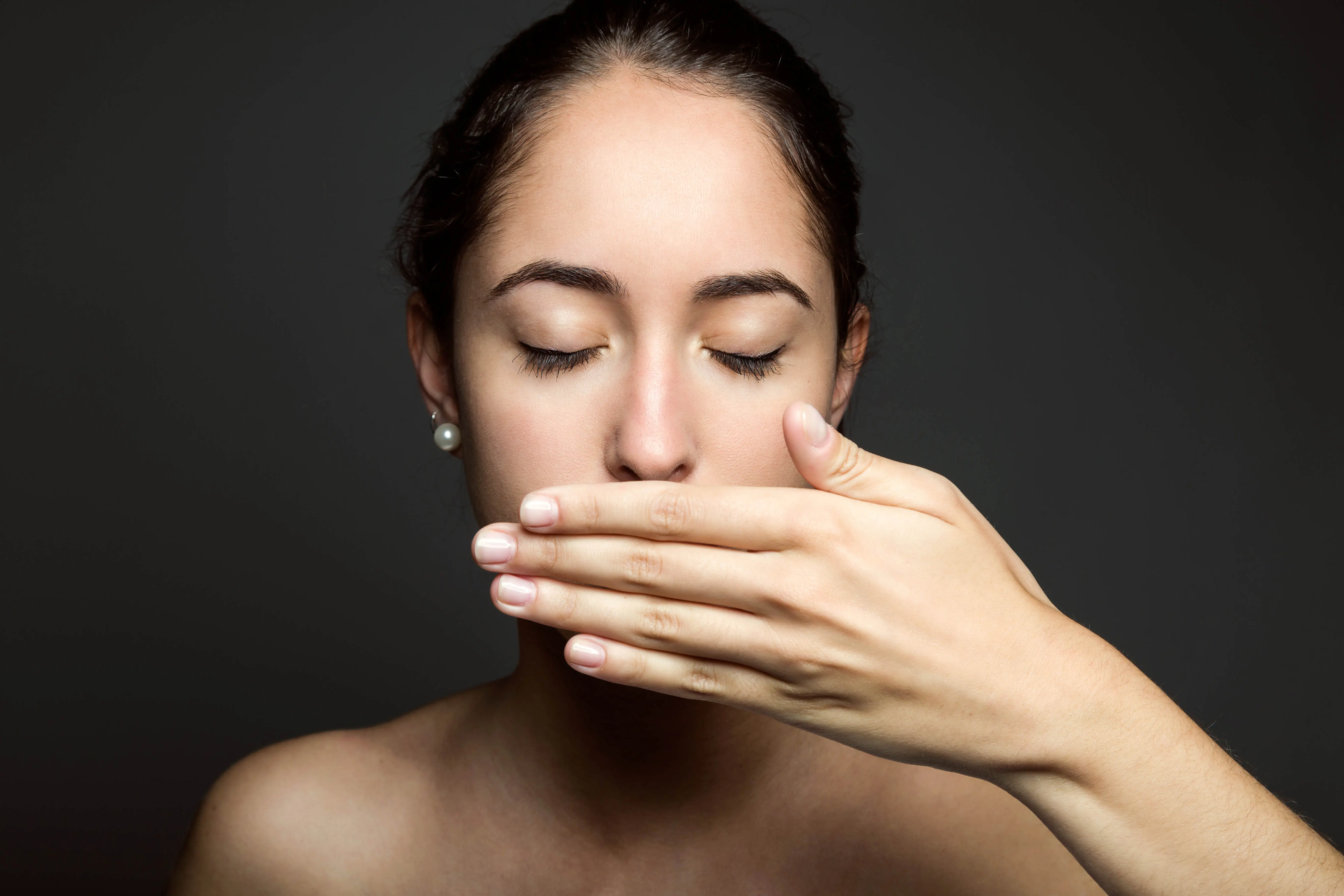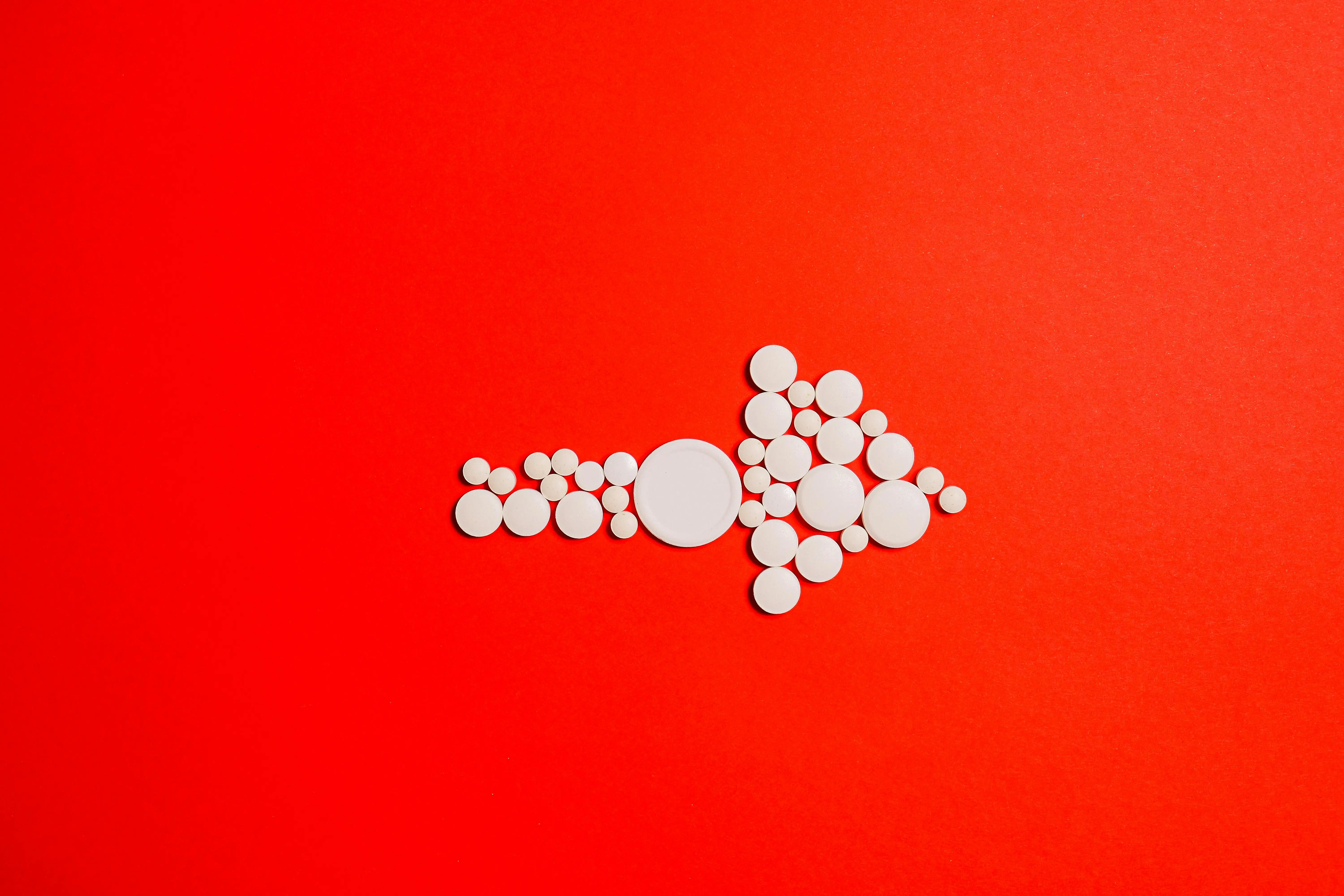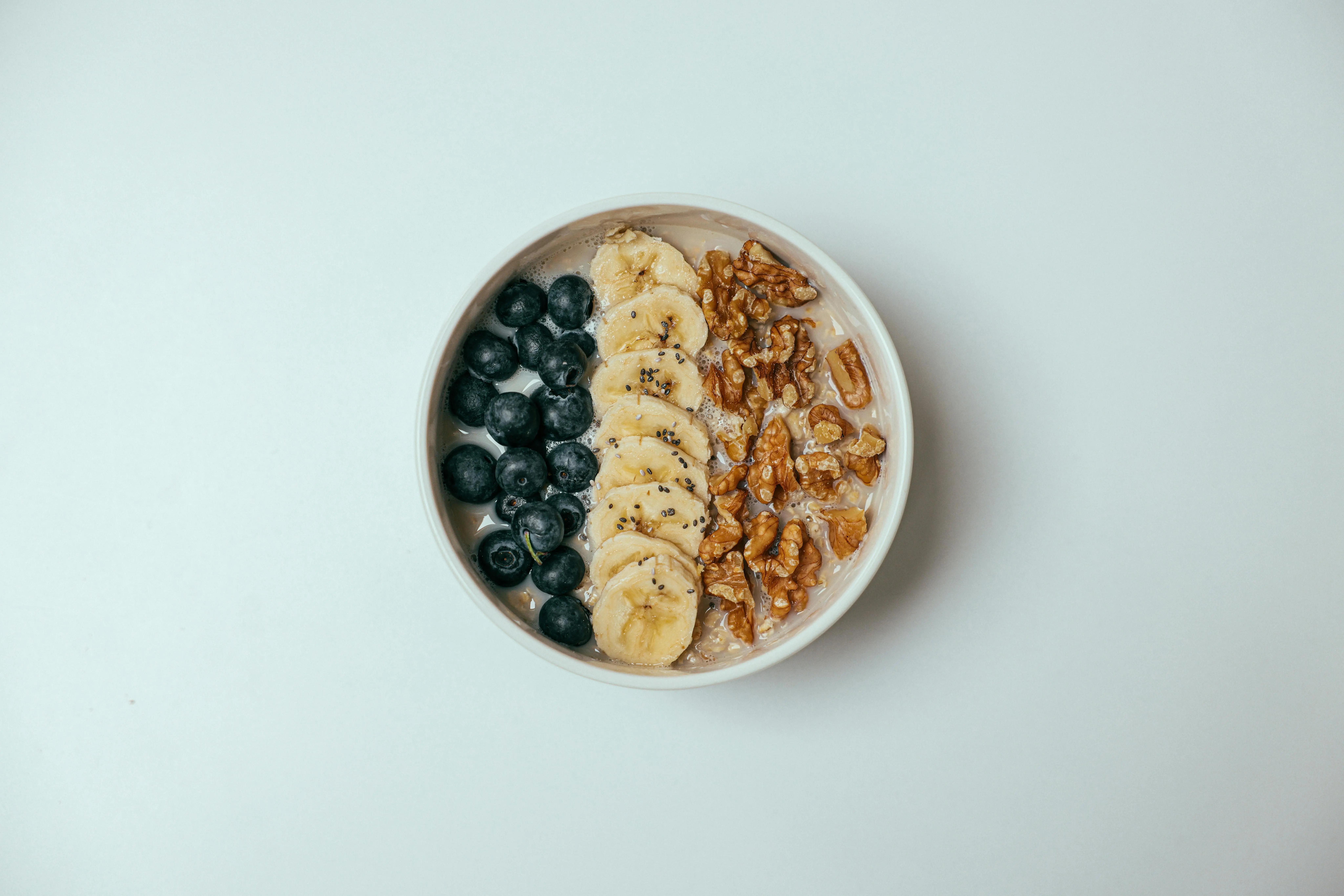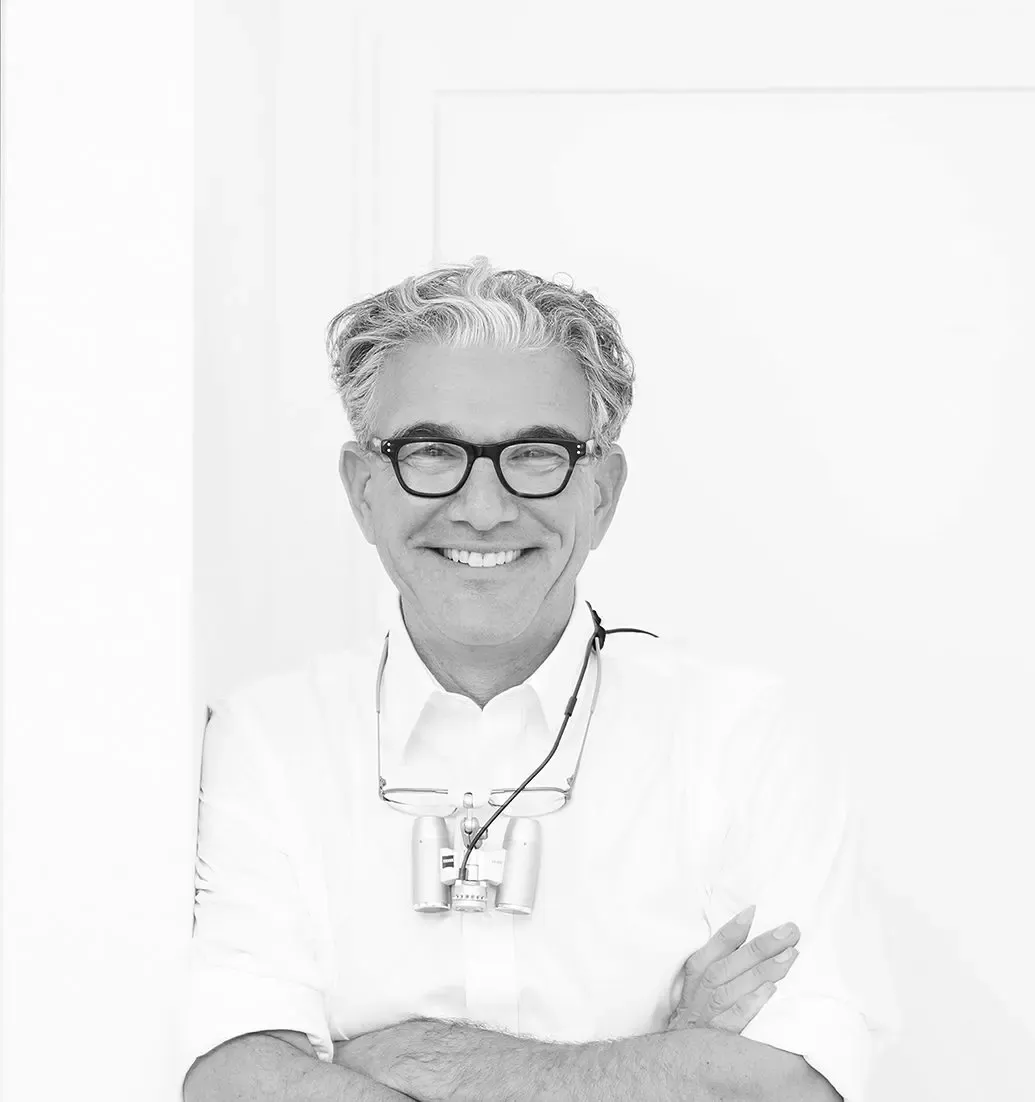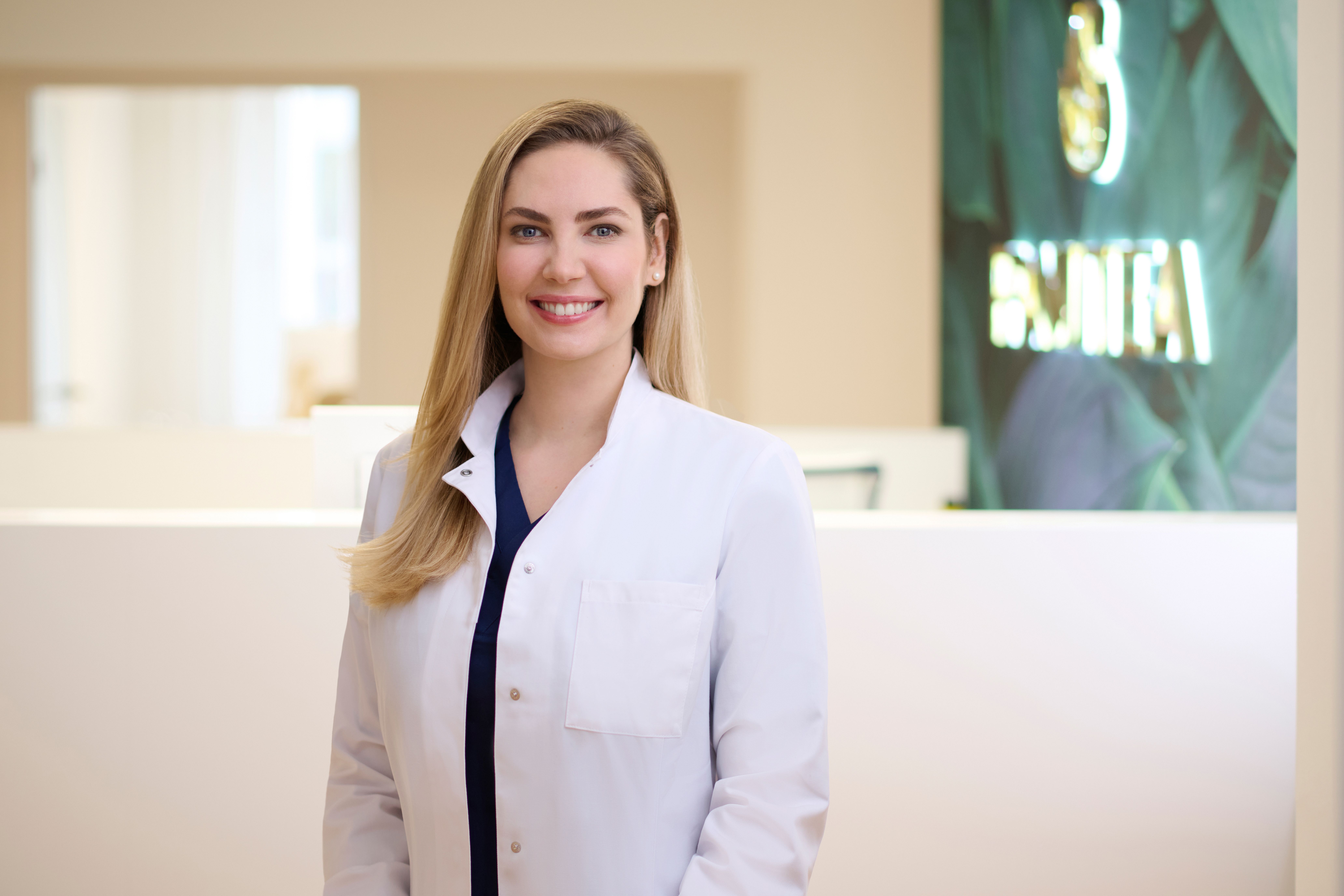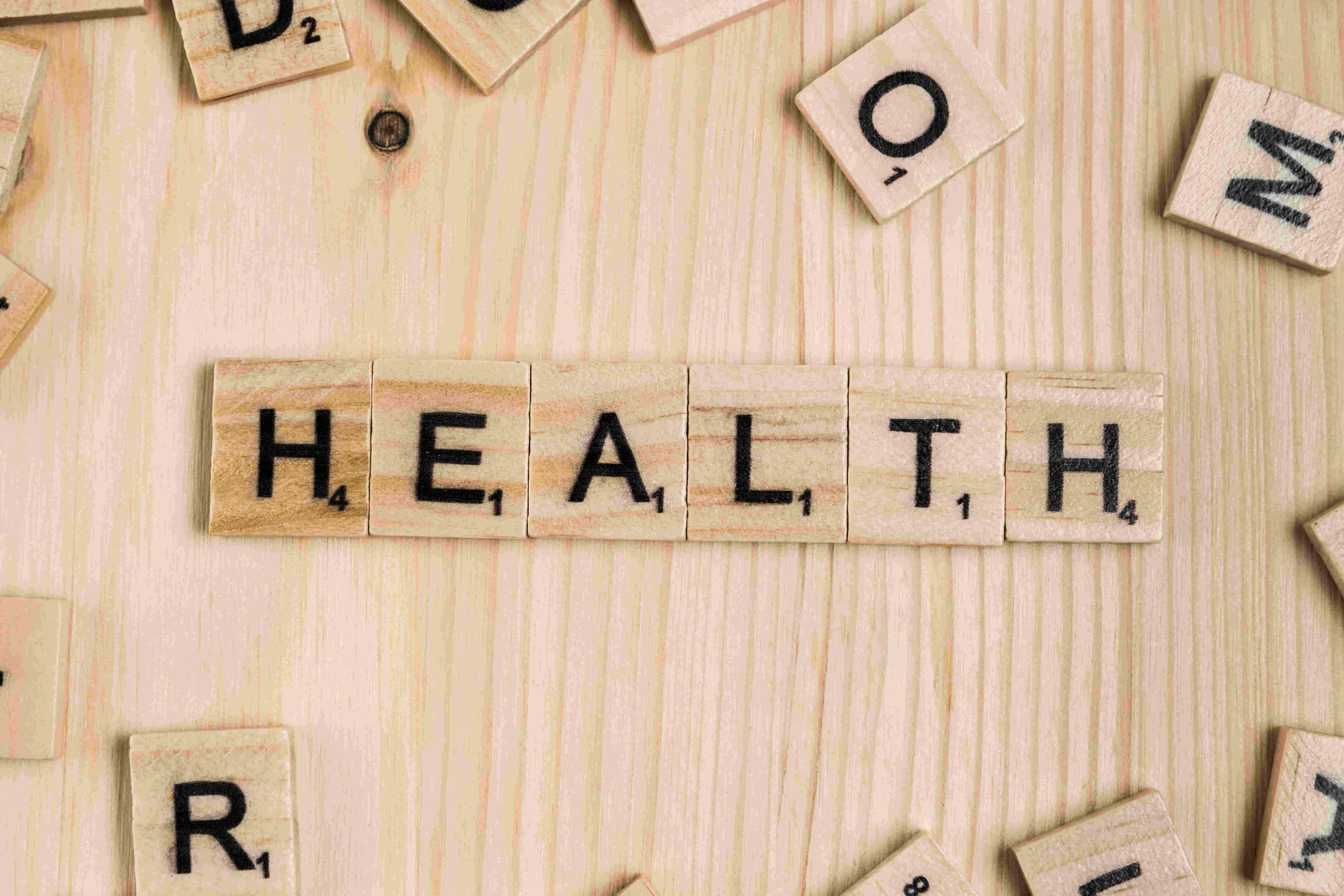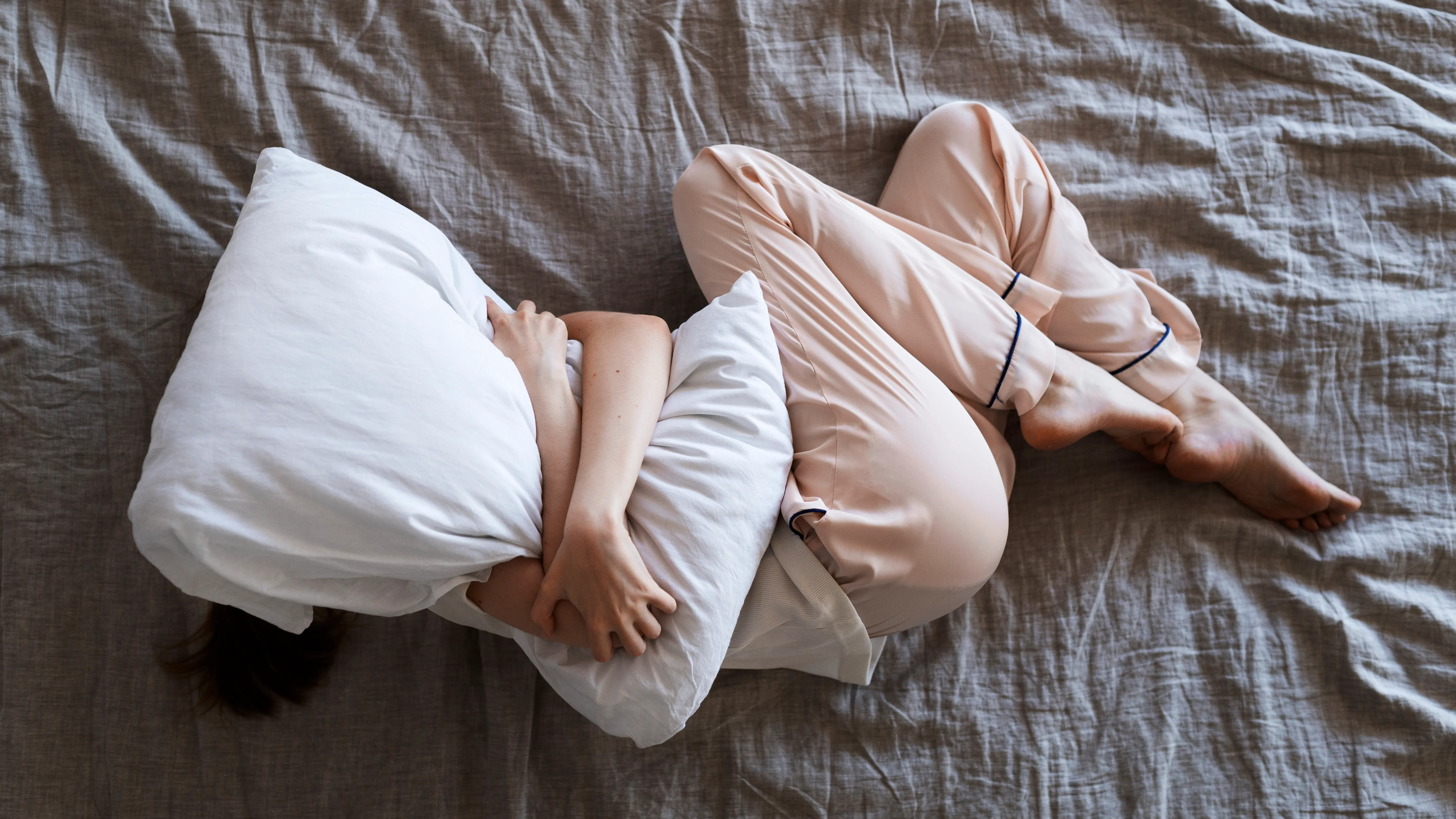When it comes to coffee, studies are divided: Some scientists see negative health effects from consumption, while others are convinced of its impact on body and mind. In 1991, the World Health Organization even added coffee to the list of potentially carcinogenic substances, but it was rehabilitated in 2016. So what is true: Is coffee healthy or harmful? Or maybe both? A fact check.
One thing is for sure: Besides water, coffee is the favorite drink of Germans. In 2024, per capita consumption was around 163 liters according to the German Coffee Association. That's almost four cups per day.
What effect does coffee have on the body?
The popularity of the black hot drink is naturally attributable to its potent wake-up effect – and also its aroma. The caffeine contained in coffee provides the energy boost. The alkaloid stimulates the central nervous system, it also increases pulse and blood pressure, stimulates metabolism and digestion. It also enhances concentration, increases alertness, and improves performance. The invigorating effect usually lasts for several hours and fades after an average of four hours.
Coffee: How much per day is healthy?
Caffeine, like many other things, is all about the dose. Consumed in small amounts, caffeine provides the desired energy turbo; in high concentrations – according to studies, over 400 mg per day – caffeine leads to nervousness, anxiety, and insomnia.
However, judging the right dosage is not so easy. Because you generally don't know how much caffeine is actually in a cup of coffee. This depends on the preparation method and the type of coffee, and – logically – on the size of the cup.
The two main coffee varieties, Arabica and Robusta, differ significantly in their caffeine content, as Robusta contains almost twice as much caffeine as Arabica. Therefore, the rule of thumb is quite weak: A cup of 150 ml filter coffee contains 50-100 mg of caffeine. A strong espresso (50 ml) contains up to 150 mg of caffeine. And even decaffeinated coffee still contains 3 mg of caffeine.
Considering a normal coffee cup as a dosing aid, according to the German Nutrition Society, three to four cups are harmless – one to two for pregnant and breastfeeding women. So, the German consumption is still within the green zone.

